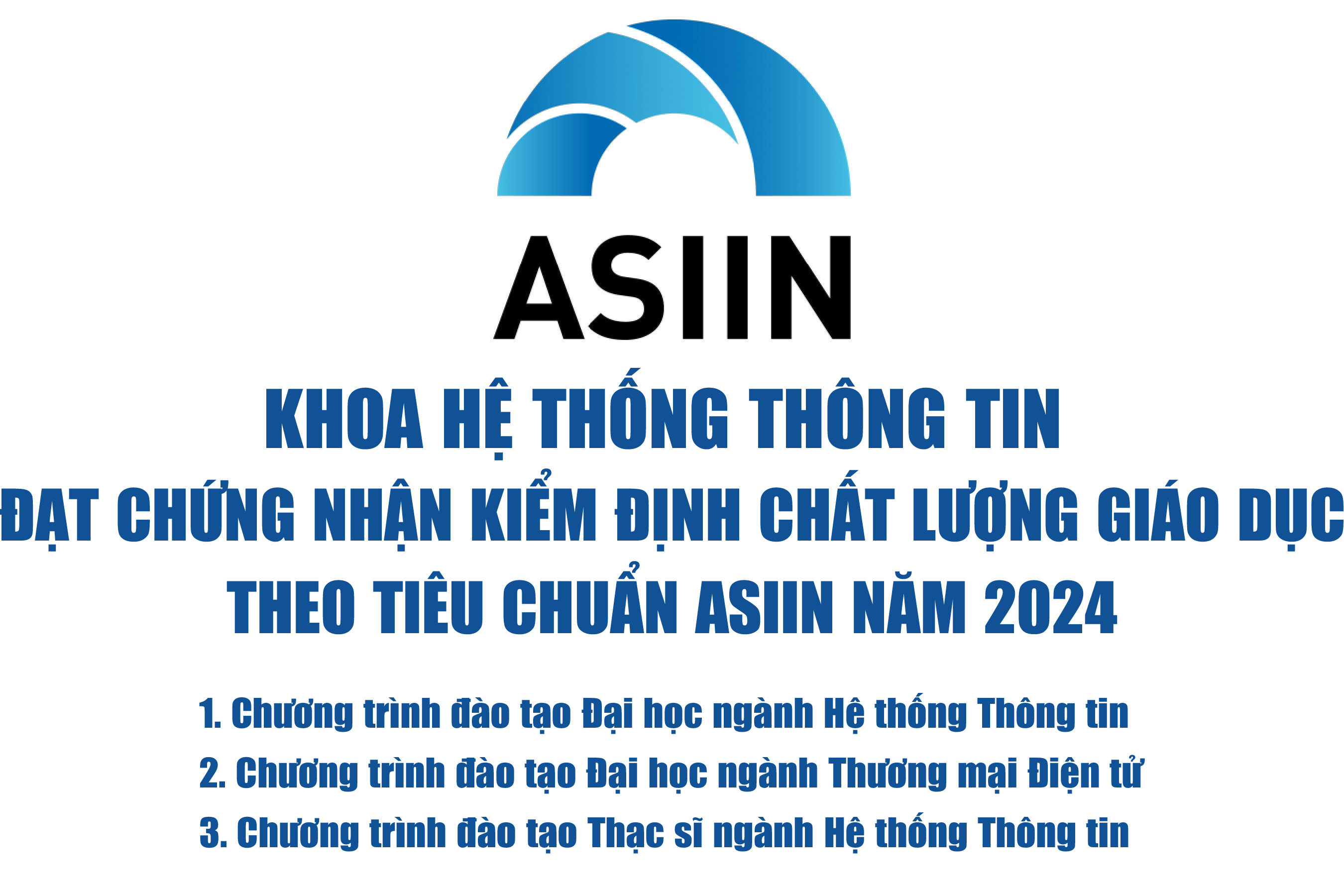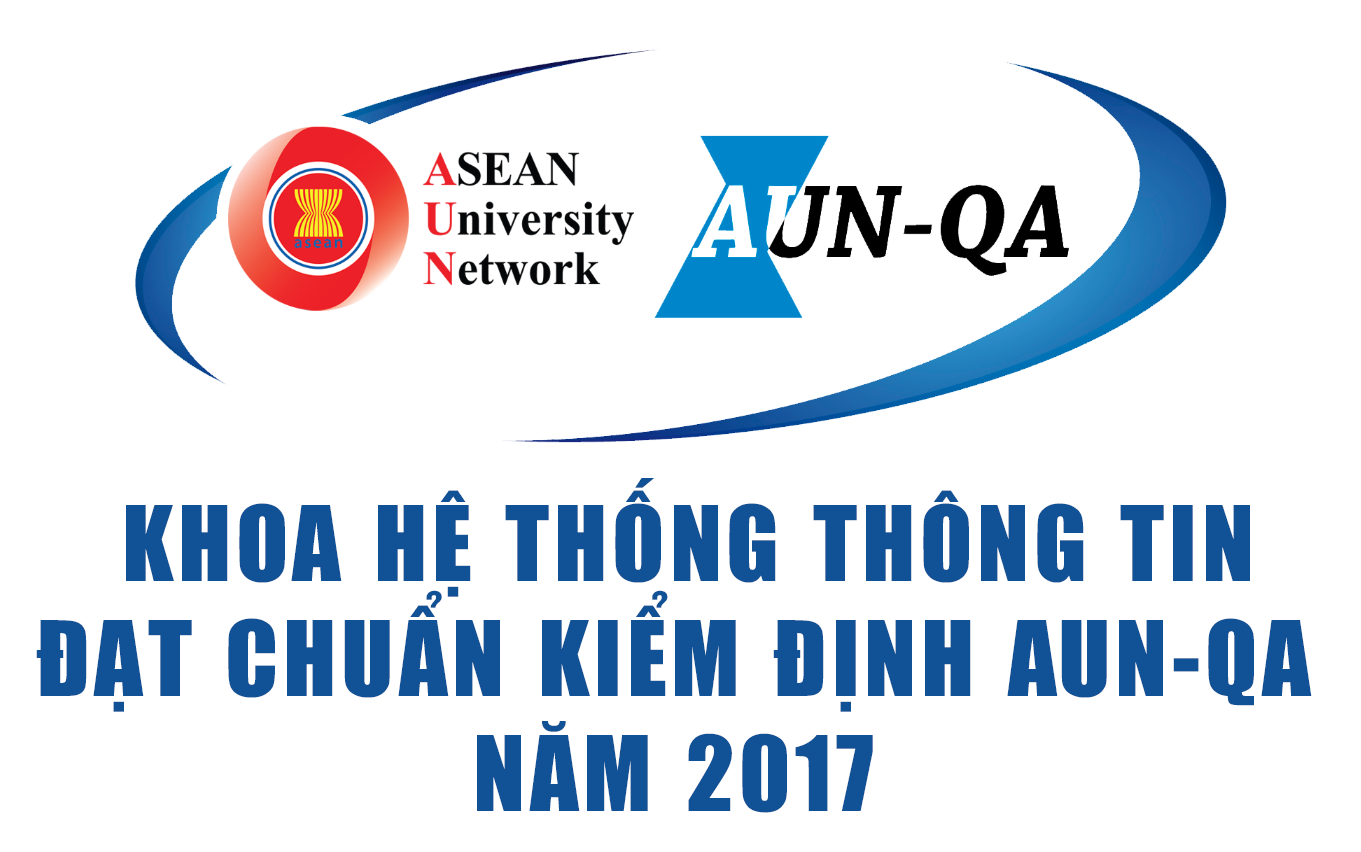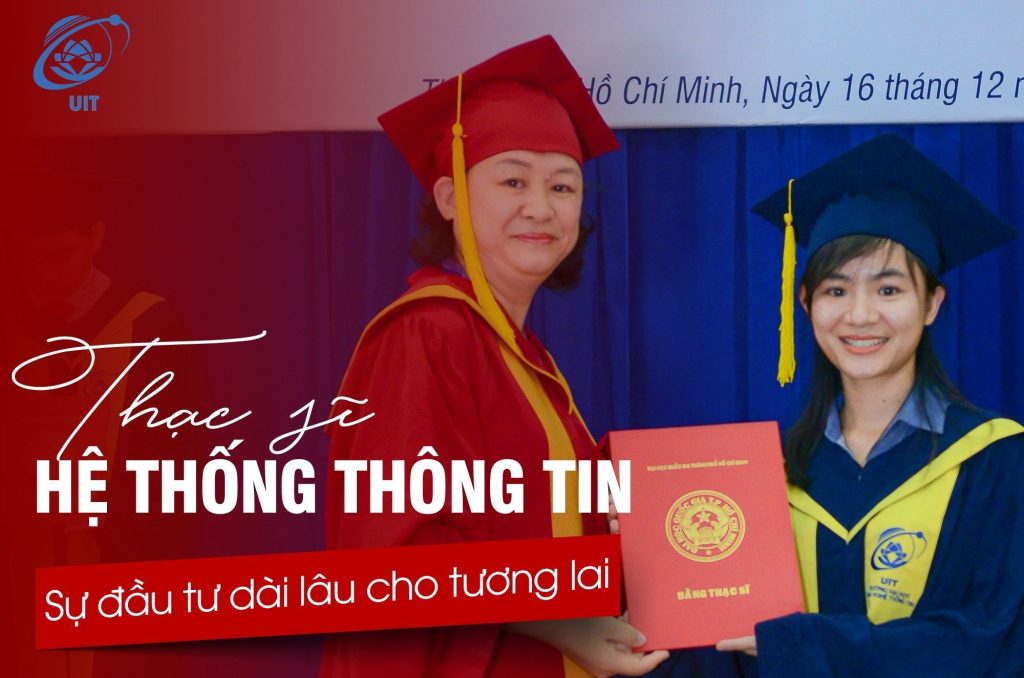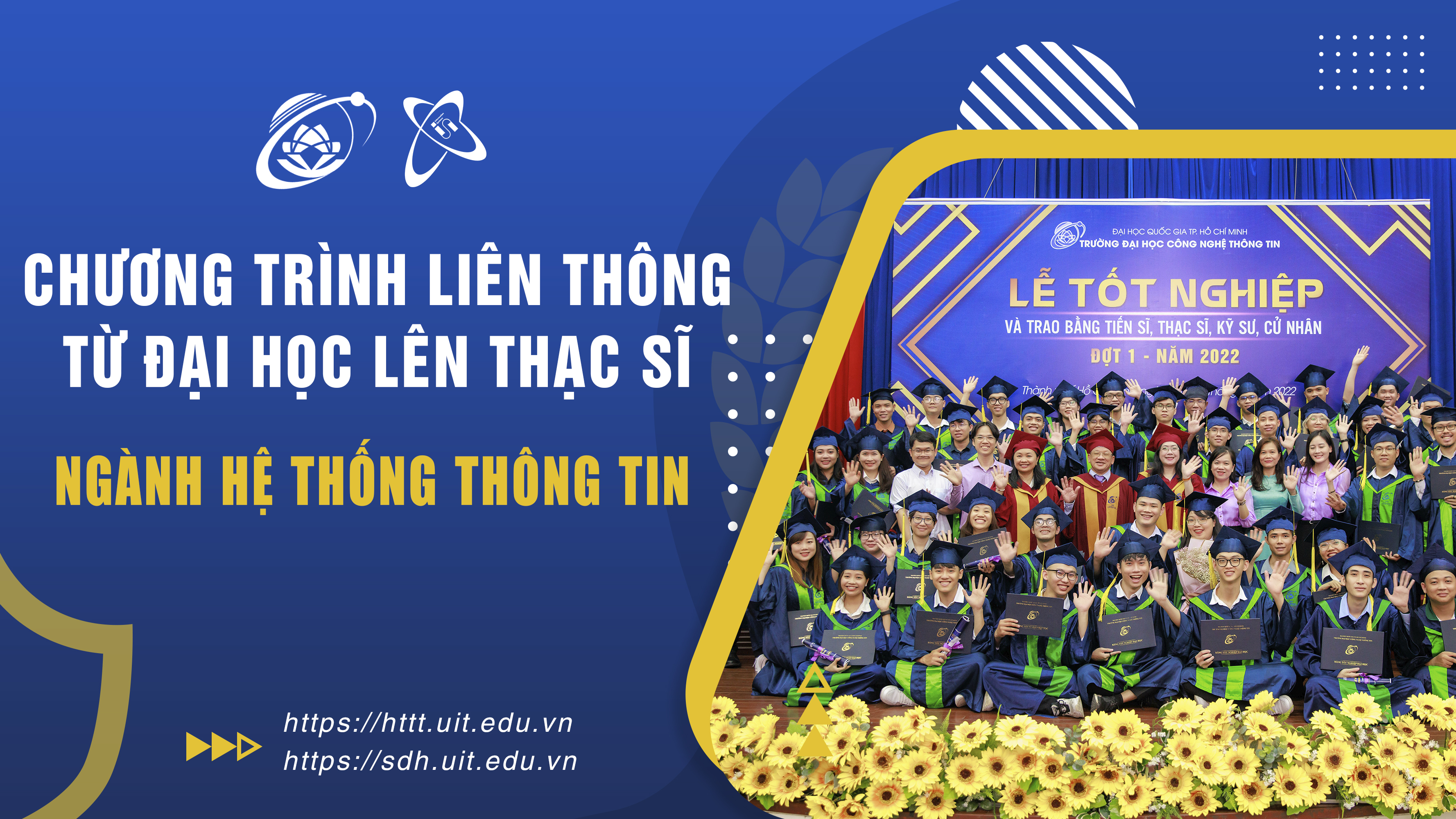Chúc mừng nhóm sinh viên lớp CTTT2022 có bài báo được chấp nhận đăng tại Hội nghị Khoa học Quốc tế RIVF 2025 (The 2025 RIVF International Conference on Computing and Communication Technologies)
Hội nghị RIVF (Research, Innovation and Vision for the Future) là một hội nghị khoa học quốc tế uy tín, được tổ chức thường niên từ năm 2003, quy tụ các nhà nghiên cứu, học giả và sinh viên trong lĩnh vực Công nghệ Máy tính và Truyền thông. RIVF được bảo trợ kỹ thuật bởi IEEE, và các bài báo được xuất bản trong cơ sở dữ liệu IEEE Xplore – một trong những thư viện học thuật hàng đầu thế giới.
Năm nay, RIVF 2025 sẽ do Trường Đại học Văn Lang đăng cai tổ chức tại Thành phố Hồ Chí Minh, Việt Nam, từ ngày 18 đến 20 tháng 12 năm 2025. Hội nghị tiếp tục là diễn đàn khoa học quốc tế quan trọng, nơi các nhà nghiên cứu chia sẻ những công trình mới nhất trong các lĩnh vực như trí tuệ nhân tạo, học sâu, xử lý ngôn ngữ, thị giác máy tính, an ninh mạng và công nghệ truyền thông.
Link hội nghị: https://rivf2025.org/
Tên bài báo: “Proof-of-Merit: A Reputation-Weighted VRF-PoA Consensus and Governance for Educational Blockchains”
Nhóm sinh viên thực hiện:
- 23520104 – Huỳnh Phan Gia Bảo – ATTT2023.1 (Khoa Mạng máy tính và Truyền thông)
- 22520986 – Tống Thuần Nguyên – CTTT2022 (Chương trình Tiên tiến, Khoa Hệ thống Thông tin)
- 22521547 – Trà Minh Trọng – CTTT2022 (Chương trình Tiên tiến, Khoa Hệ thống Thông tin)
Giảng viên hướng dẫn: ThS. Trần Tuấn Dũng – PGS. TS. Phạm Văn Hậu
Abstract:Permissioned blockchains using Proof-of-Authority (PoA) offer high throughput but suffer from predictability and centralization. Meanwhile, token-weighted governance often leads to plutocracy, undermining values such as fairness and merit. This paper introduces {Proof-of-Merit (PoM)}, a novel framework combining PoA with Verifiable Random Functions (VRFs) and a dual-token validator selection mechanism. Validators are chosen based on both transferable stake (UIT-Coin) and non-transferable academic reputation (UIT-Rep), earned through verifiable on-chain learning. Reputation also governs voting rights, decoupling influence from capital and anchoring it in Sybil-resistant merit. We implement PoM on Hyperledger Besu and benchmark it using Hyperledger Caliper. Results show PoM achieves 65.7 TPS and 3045 ms latency, with energy efficiency superior to IBFT 2.0. Fairness improves significantly, with a Gini coefficient of 0.1932 (vs. 0.6659 in IBFT) and Nakamoto coefficient of 8. Sensitivity analysis confirms the robustness of merit weighting. These results position PoM as a scalable and equitable foundation for Learn-to-Earn ecosystems, where participation and governance power stem from sustained educational contribution rather than capital accumulation.











